AARP Hearing Center

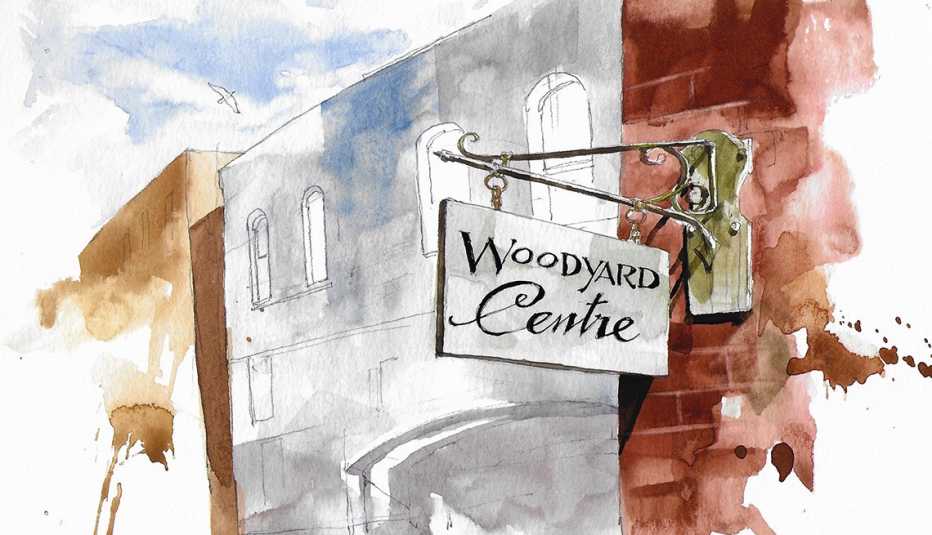
Chapter Five
When the police left, Gaby went back to the kitchen and poured herself another glass of wine. She needed to pull herself together, to get her story straight before Caroline came in. It was one thing talking to the police, who didn’t know her, quite another talking to Caroline, who knew her as well as anyone in the world, who behaved quite often as if she was Gaby’s big sister, her protector: indulgent, but somehow in charge of Gaby’s morals.
Gaby’s mother had never cared about her in that way. Linda, her mum, had been occasionally wayward herself. There’d never been a father on the scene. The two of them had lived in a council flat in north London and Gaby had often been left to fend for herself. Linda had always been a grafter, cleaning offices, stacking supermarket shelves, just to put food on the table. But as soon as Gaby had got to secondary school, she hadn’t been around much. She’d had Gaby while she was still a teenager and felt she’d missed out on life. Once Gaby was halfway independent, her mum had started making up for lost time. There’d been so many boyfriends that Gaby had lost count. Gaby had just got on with things, had felt her way through life without, it seemed, any rules.
She’d discovered art even before school, scribbling on scraps of paper, losing herself in the designs to block out the chaos of the flat; her mother’s constant exhaustion from work had meant there was little energy to keep on top of things at home. In class she’d doodled instead of listening to teachers. It had been a rough school in a poor area and they’d just been grateful that she was quiet, not disruptive. She still had a maths book decorated with cartoon dragons, strange imaginary landscapes. An art teacher had been her salvation, praising her creations, sending her out at weekends to look at galleries, showing her a different world.
Gaby had come into her own at art college, made friends, become the joker in the pack, still living at home and including Linda’s exploits in stories to entertain the other students. They’d been mostly middle-class kids, with an eye to making it in advertising or film. Her passion had always been painting. A year after college, she’d been doing the same sort of work as her mother — bar work, cleaning — putting off the inevitable slide into teaching, when she saw the advert in the Guardian for an artist in residence at the Woodyard Centre in North Devon. She’d skipped most of the details, just seen there was a salary she could live on. And the words studio space had jumped out at her.
Sitting on the little train easing its way down the Taw Valley from Exeter to Barnstaple, she’d seen paintings in the dense trees, the water and the watchful heron, and decided she wanted this job more than anything else in the world. She’d been interviewed by two men: Jonathan Church, who managed the whole of the Woodyard Centre, and Christopher Preece, who was chair of trustees. Jonathan had already shown her around the centre, describing its philosophy. ‘This is a space where everyone should feel comfortable — the A-level students attending specialist masterclasses and the guys in the day centre who have a learning disability. We very much believe in art for everyone.’ She hadn’t said she only cared about her art. She’d seen the big empty room in the roof and imagined herself there, painting. She’d have promised the earth to get the gig. The interview had gone well. She’d always been good at telling people what they wanted to hear. And then Christopher Preece had asked her if she’d need somewhere to stay. ‘I could put you in touch with my daughter. She’s looking for a lodger.’ They’d met that evening and Caroline had showed her the house, the room. The place had been pretty boring then, magnolia paint, hardly any furniture.
‘I need so much stuff,’ Caroline had said. ‘But the budget’s pretty tight and I don’t want to ask my dad.’
So, Gaby had introduced her to the joys of charity shopping, freecycling and eBay. As the house filled with Gaby’s purchases and creations, they’d become close friends. Very different — Caroline was so earnest, reliable and punctual and Gaby was none of those things — but strangely interdependent. Gaby cared what Caroline thought and didn’t want to upset or offend her. She thought she’d lightened Caroline, made her more fun. Now, hearing the key in the door, she wondered how she would break the news of Simon Walden’s death to her.
Gaby must have been sitting almost in the dark with her daydreaming because when Caroline flicked the switch as she came into the room, the sudden light came as a shock.
‘What are you doing?’ Caroline disapproved of drinking too much in the week, though she didn’t mind letting her hair down if the mood took her.
‘It’s Simon.’ Gaby turned around in the low sofa and looked at Caroline.
‘What about him?’
‘The police were here earlier. He’s dead.’
She saw that Caroline was as thrown by the news as she had been. They both had their own reasons for mourning Simon. Caroline dropped onto the sofa beside her. ‘Did he kill himself?’The question seemed loaded with guilt. ‘I didn’t notice he was depressed. If anything, a bit manic, I thought.’ A pause. ‘Oh, I should have realized!’
‘He was murdered,’ Gaby said. ‘On the beach at Crow Point.’ She thought she’d hit just the right tone. Not cold, but not too upset either. Caroline would never believe upset.
Chapter Six
When Matthew got back to the house, Jonathan had lit a fire and was sitting on the floor of the living room, the curtains open to let in the moonlight, a glass on the low table beside him. He’d been reading but he set down the book when he heard Matthew.
‘A drink? Something to eat?’
‘I might have to hand over this murder investigation.’ It had been on Matthew’s mind since he’d left the station. He followed Jonathan through to the kitchen. ‘The victim was a volunteer at the Woodyard. And one of the people he shared a house with has a residency there.’
‘Who was killed?’
‘A man called Simon Walden. Did you know him?’
‘I recognize the name. He worked in the cafe with Bob.’ Jonathan took an opened bottle of Chablis out of the fridge.
‘Walden had mental health problems,’ Matthew said, ‘and it seems one of your trustees pulled strings to get him the placement.’
Jon frowned. ‘Whoever it was didn’t go through me.’
‘Christopher Preece? His daughter runs the project at St Cuthbert’s. She was Walden’s landlady.’
‘They must have organized it directly with Bob. He runs his own show there.’ Jonathan handed a glass of wine to Matthew. ‘They can’t take the case off you just because I manage the place. That’s crazy. It’s the first major investigation since you took over the team. Besides, Joe Oldham’s an idle bastard. He won’t want to run a case like that. He couldn’t do it! He has the sensitivity of a gnat. Imagine him stomping through the Woodyard, upsetting people.’
‘Joe doesn’t stomp.’ But Matthew could understand Jonathan’s point and he smiled.
The Woodyard was Jonathan’s pride and joy, his baby. The site was on the south side of the Taw and had once belonged to a timber firm, that had long since stopped operating. There’d been the carcass of a huge warehouse built of old brick, full of rusting machinery. There’d been plans to demolish the buildings, flatten the site and put up a retail park. At the same time the council was contemplating closing the day centre for adults with a learning disability where Jonathan worked. He’d made the imaginative leap to connect the two. Matthew had been living and working in Bristol then, but he’d been swept up by Jonathan’s enthusiasm. Most of their phone calls had included his plans for the site, his passion for bringing together different groups of people in one place — artists and adults with a learning disability — so it seemed to Matthew that the project almost embodied their love affair, the reckless, unimaginable possibilities of two alien individuals becoming one.
‘Don’t we have enough stores already in Barnstaple?’ Jonathan would rant. ‘The high street’s already all charity shops, hairdressers and estate agents. Why not use the timber yard as a community hub? Let’s have an arts centre, a cafe, a place for people to meet and explore ideas. And my people from the day centre can be there too, right at the heart of things instead of being hidden away from view as if we’re somehow ashamed of them.’
Jonathan had formed a committee, pushed through the plans, persuaded the Lottery Fund to give them cash and had raised match funding. Now the Woodyard was just as he’d imagined. There was a theatre and studio space, a bar and a cafe. The day centre for adults with a learning disability was there too, in a space converted from one of the smaller buildings. And he managed the whole place. Matthew couldn’t have been more proud.
Today, though, Jonathan’s involvement with the Woodyard might provide complications. ‘I might have to hand the case over,’ Matthew repeated. ‘My choice, not Oldham’s.’
‘Well, don’t do anything until he forces your hand! You want to work this, don’t you?’
Matthew thought for a moment. ‘Yes. I definitely want to work it.’ A pause. ‘I’m just not sure it would be right.’
‘I love you to bits, you know that.’ Jonathan had an accent that Matthew had struggled to define when they first met. Jon had been brought up on Exmoor, a farmer’s son. No university for him. He’d left school at sixteen and travelled. There’d been no real explanation when Matthew had asked why. Just: Things weren’t brilliant at home. It was for the best. He’d worked in vineyards in France, picked strawberries in Spain, and he’d cooked for rich sailing types on smart yachts out of ports throughout Europe. Romantic stuff that had turned Matthew’s head, made his mind spin. Wherever he’d stayed, Jonathan had picked up odd accents. When he was serious, though, his voice became rural North Devon again. Now he was definitely serious.


























































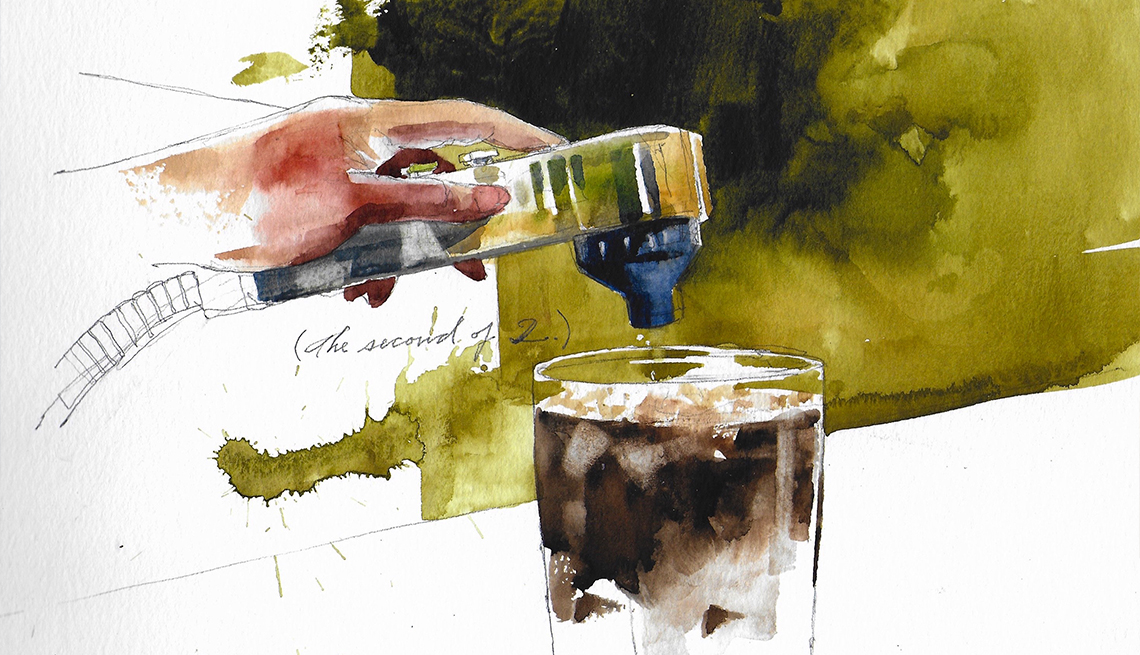
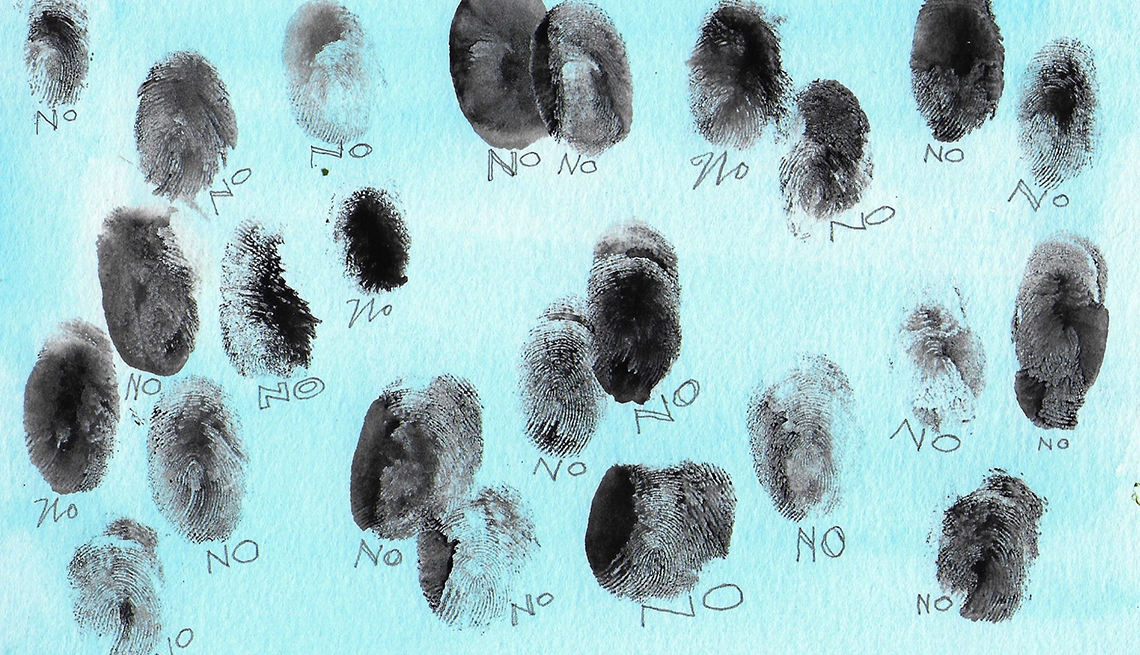
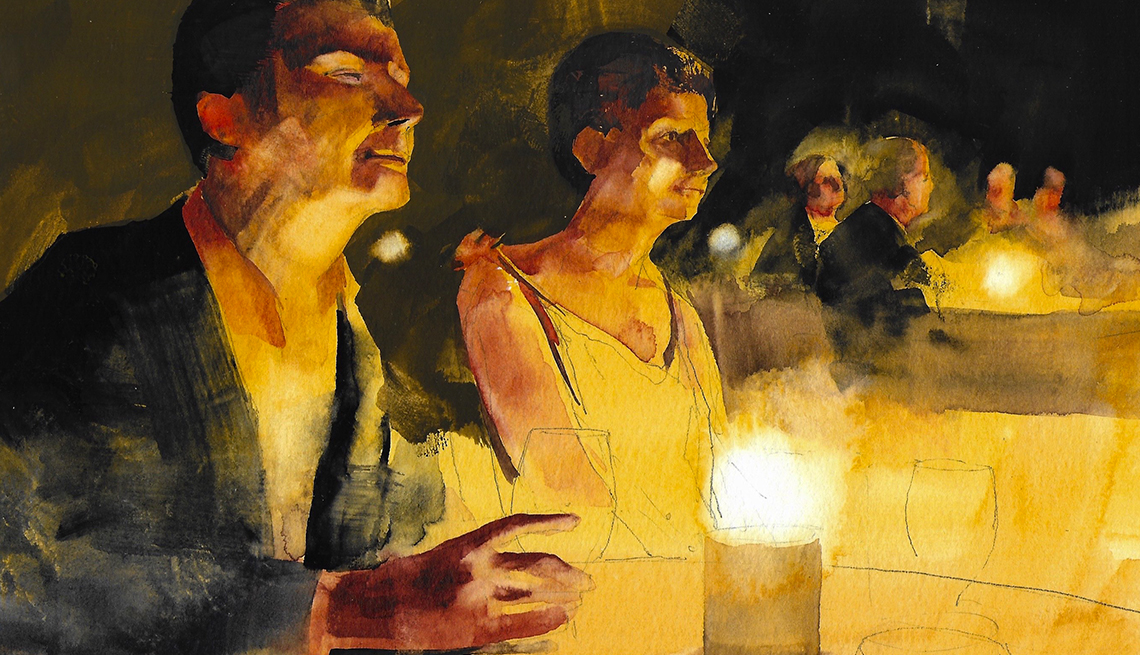
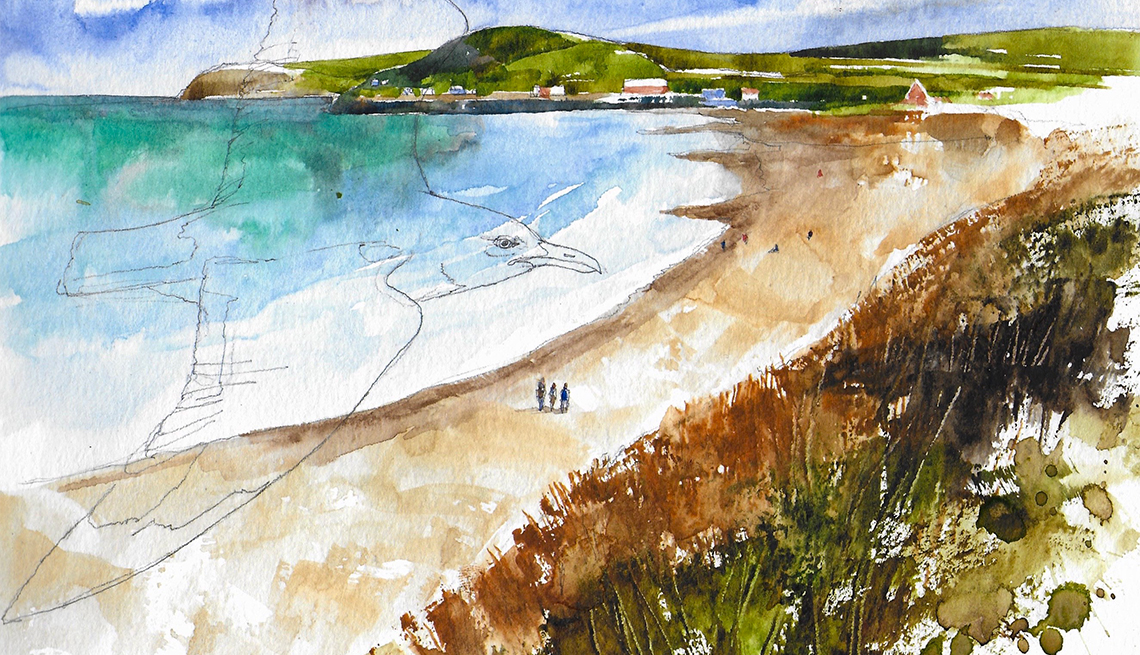
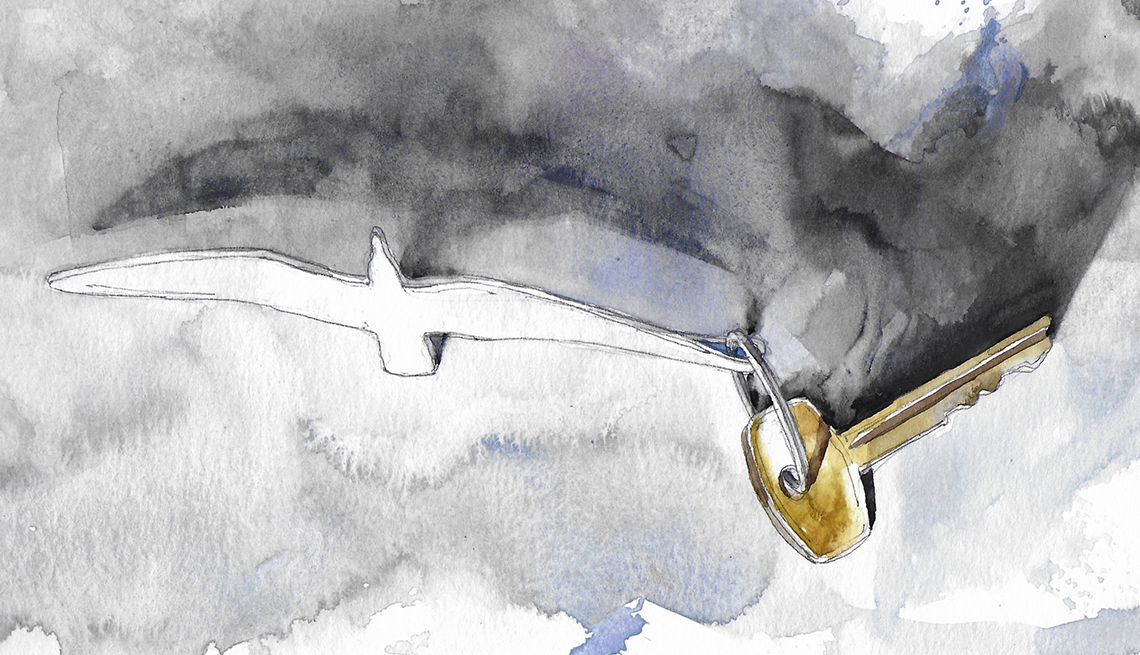
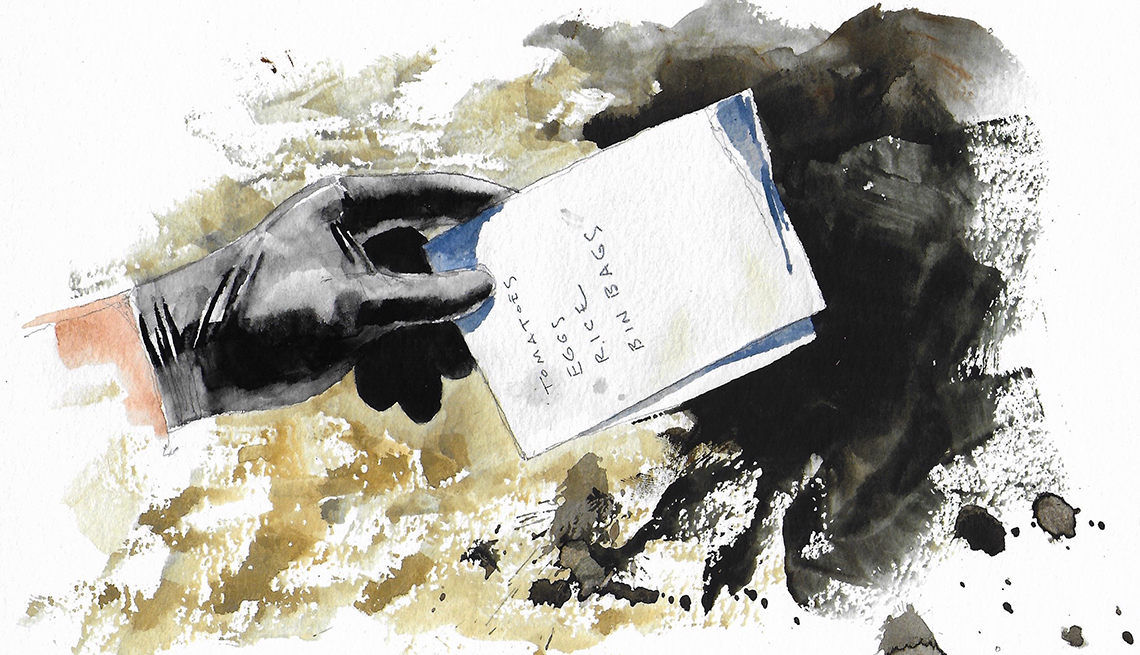

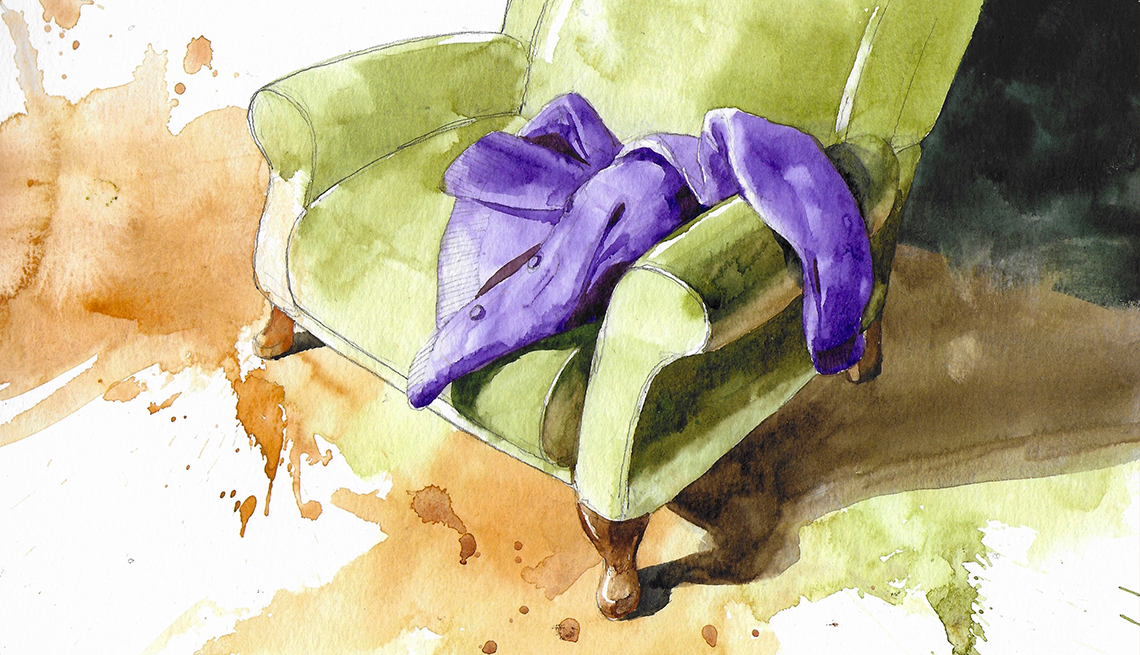
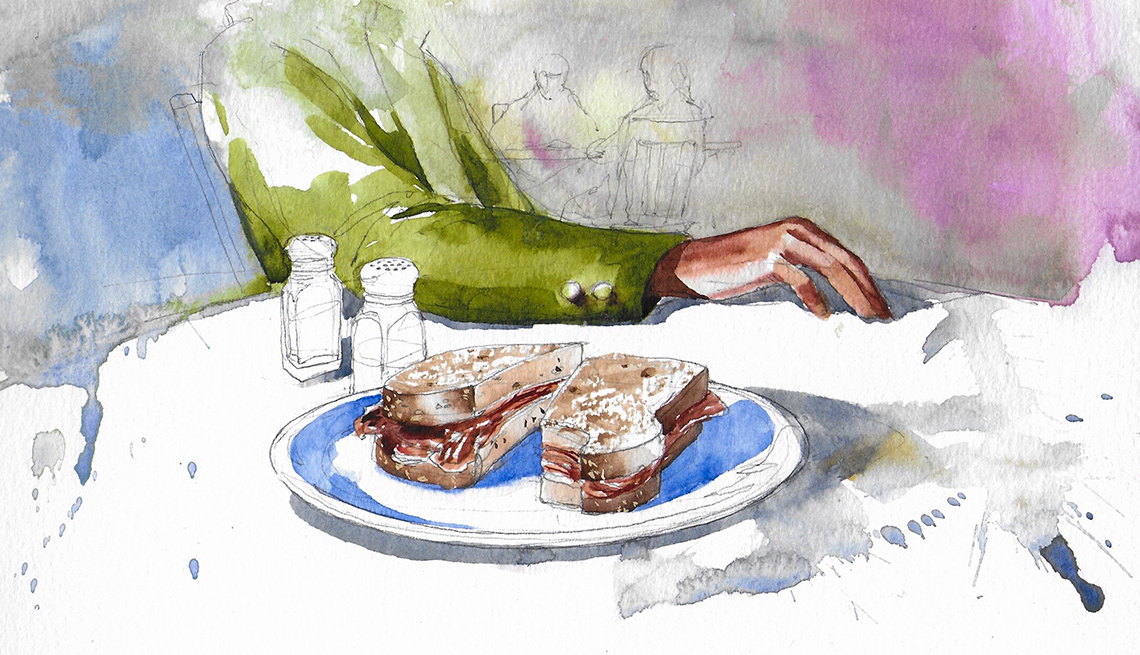


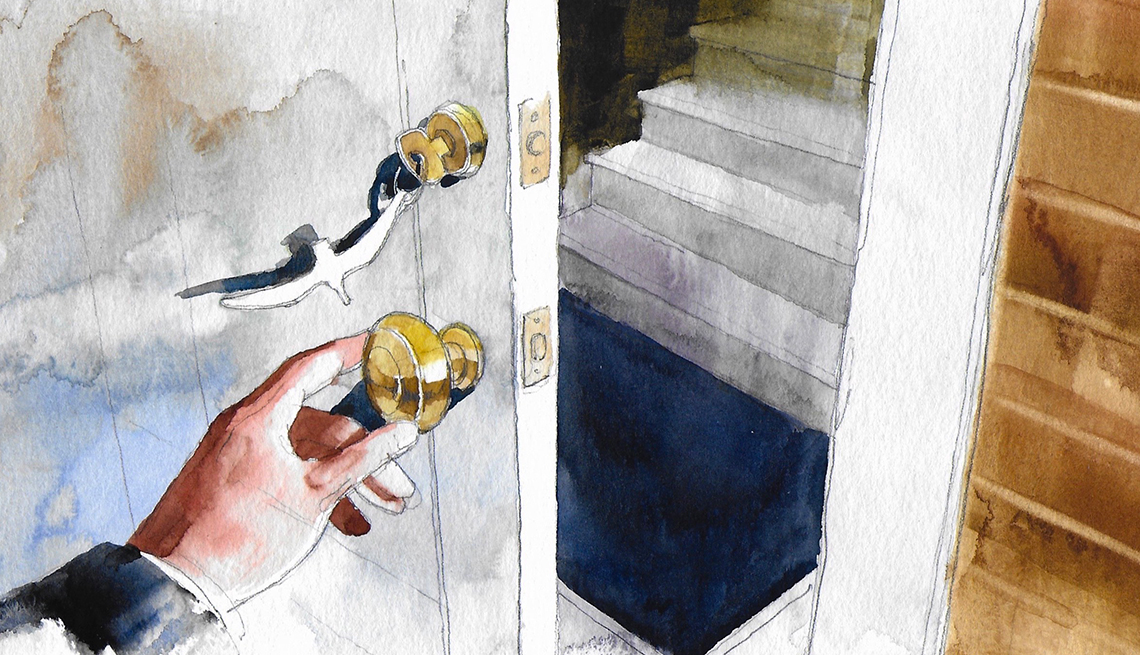
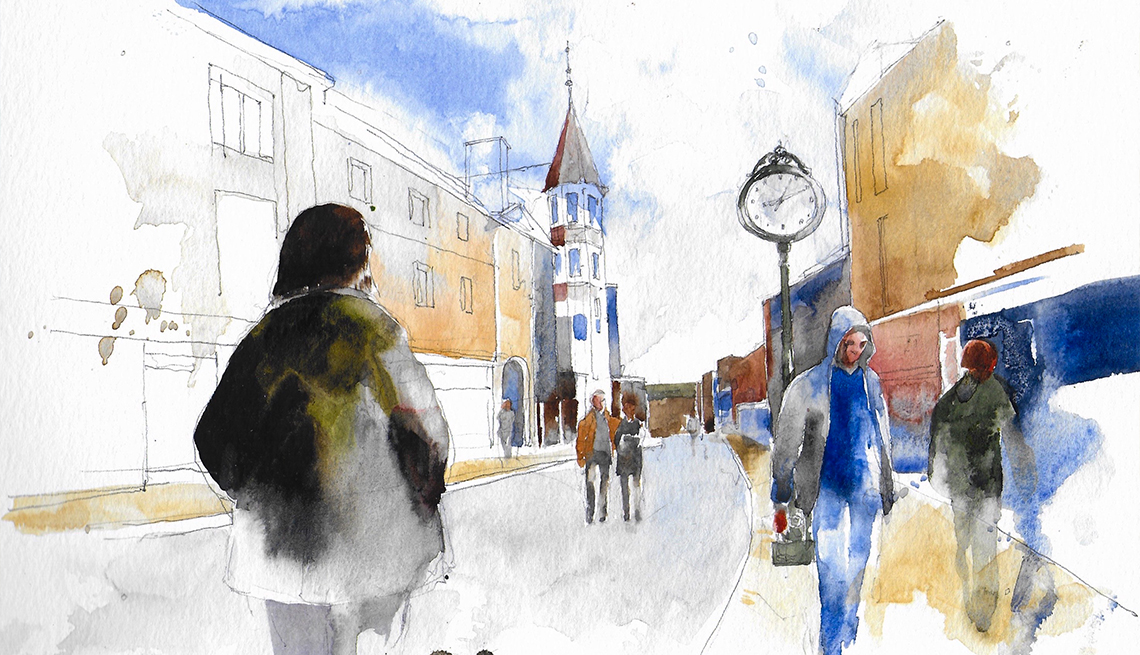
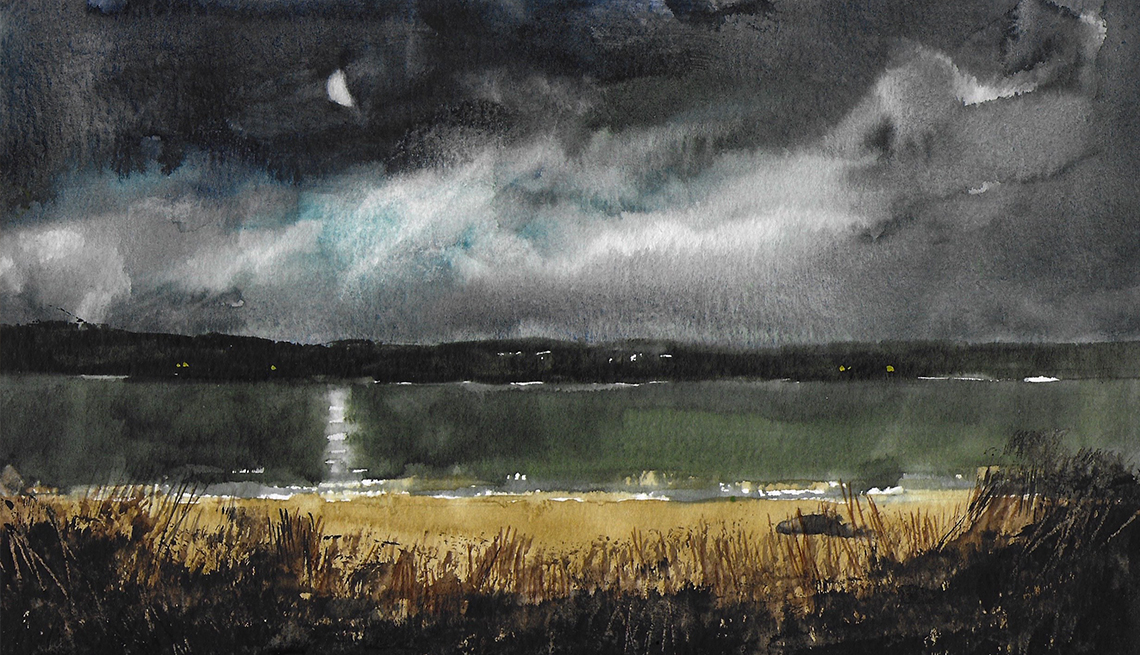
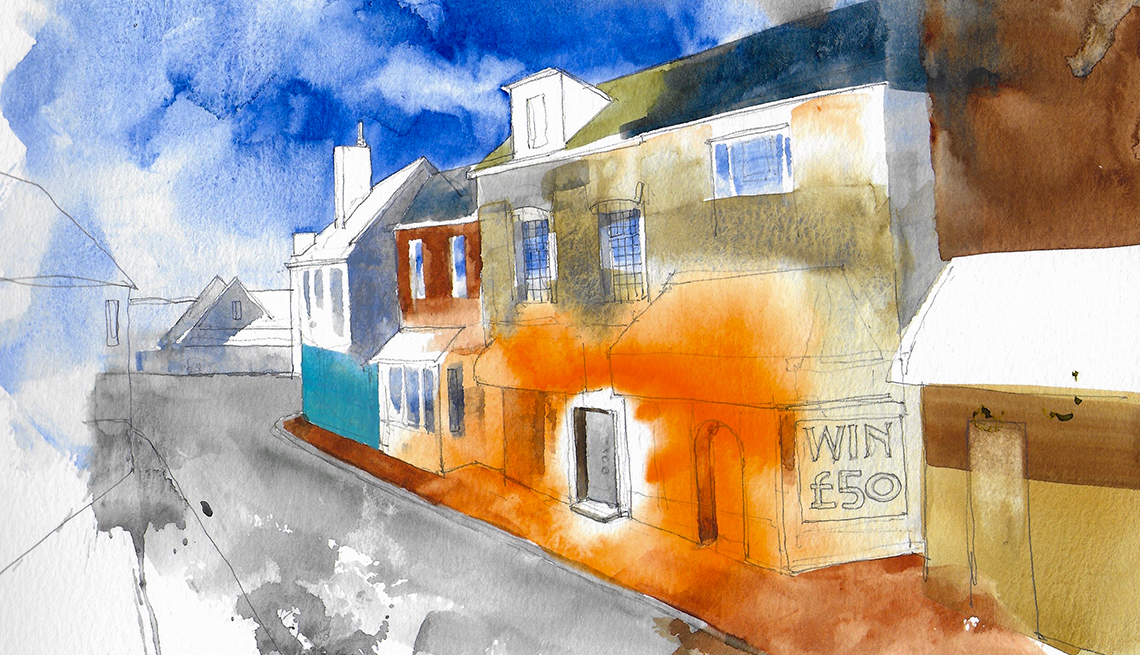

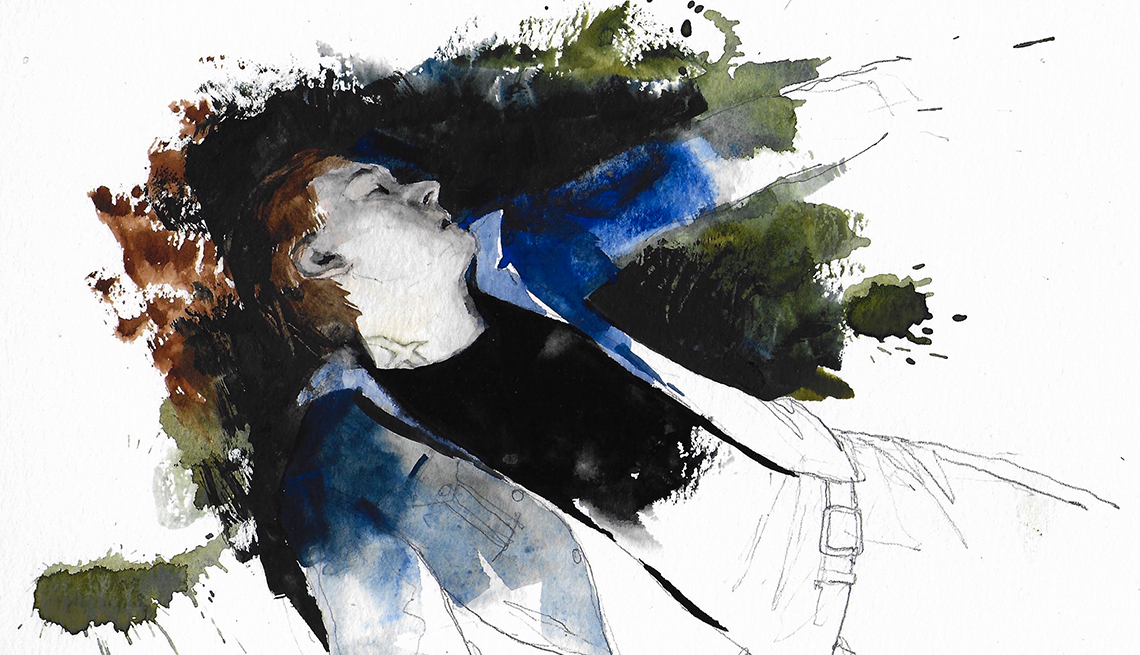
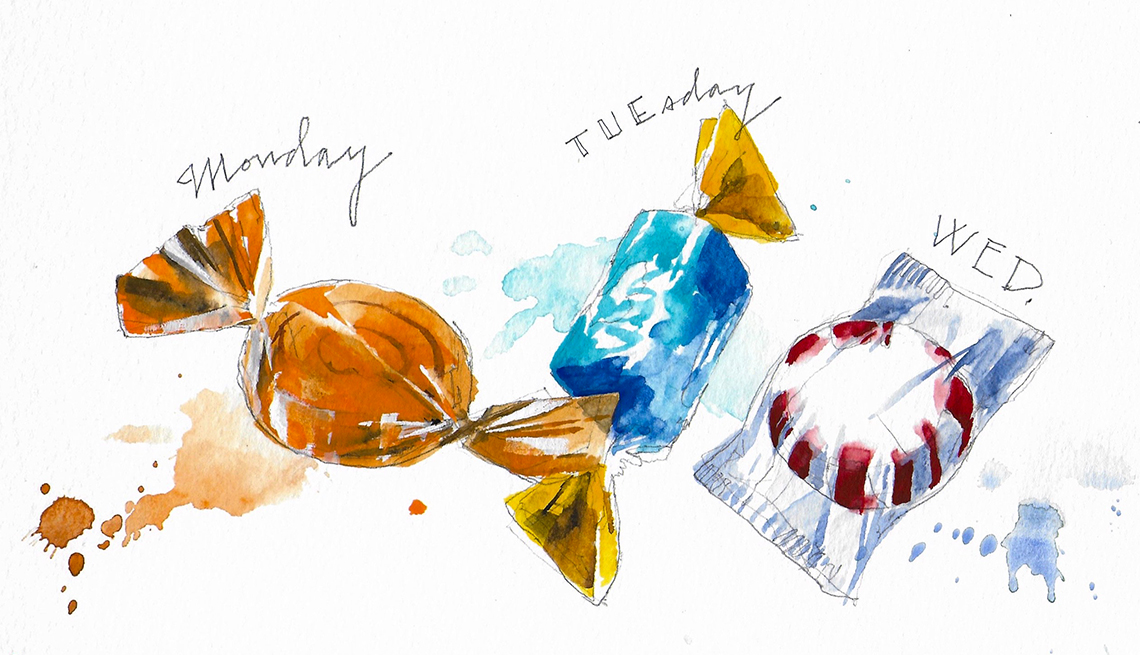


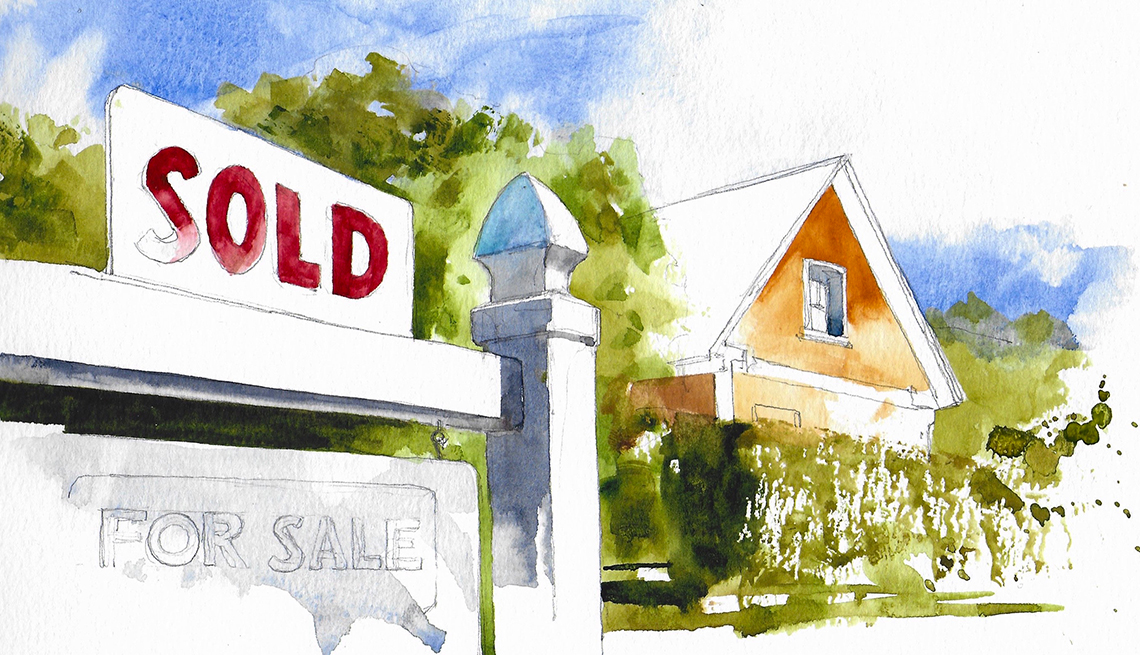



More From AARP
Free Books Online for Your Reading Pleasure
Gripping mysteries and other novels by popular authors available in their entirety for AARP members